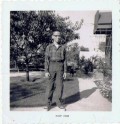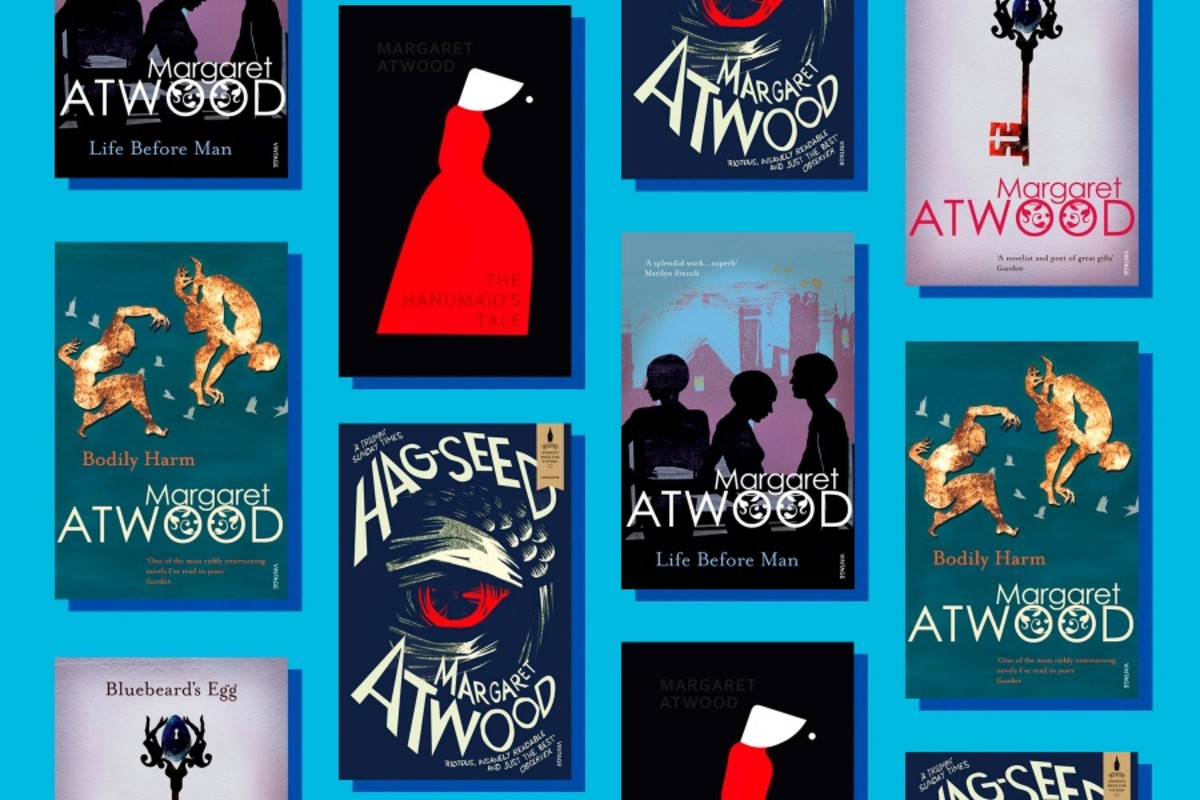Finding Your Writing Voice





I was listening to Taylor Swift on the radio the other day. I don’t even know the name of the song but I knew for a fact it was Taylor Swift because of her distinct style of singing. In no way could Taylor Swift be confused with some of the classic singers of our time. Her voice has limited range and there is no power associated with it. What she brings to the table is wholesomeness, a lovely quality to her voice and approach to a song that has become very popular to millions of followers.
If I were to make a list of the most beautiful voices I have ever heard Swift would not be in the top one hundred and yet what she does works so well for her that it is almost impossible not to enjoy her singing. Of course that got me to thinking about others with a distinctive voice and style, the Janis Joplins of the world or even the Tiny Tims of the world, each so distinctive that they were immediately recognizable. Their voice was in fact their trademark.
So for a writer such as myself it was no major leap to transition from those thoughts to thoughts about the distinctive voice of writers and how is that voice developed. How do you go about finding your voice?
WHAT IS VOICE?
Finding your voice is not nearly as easy as it may sound. When I was teaching creative writing in middle school and high school this was actually one of the more difficult lessons to teach my students. With a little training anyone can write an essay but it takes quite a bit more practice before a voice is found.
Simply stated voice is the uniqueness of the writer. It is a combination of style, personality, experiences, philosophy, use of grammar and passion. It is a reflection of who the writer is and it is developed over time. The voice a writer may start their career with will certainly not be the voice they have in five years, or ten. As the writer grows the voice will change, sometimes subtly and sometimes in “Holy Cow” increments, but the voice will for sure change.
What I have found is the development of voice is not a conscious decision in most cases but rather the natural growth of the writer both as a writer and as a person. Consider a writer first starting out. They had a horrible childhood and an equally disastrous marriage and they are writing as a cathartic exercise to deal with their demons. Take that same writer ten years later after countless self-help books, five years in a new and loving marriage and therapy sessions and you will most likely see a monumental change in their writing voice.
HOW DO WE DEVELOP A WRITING VOICE?
Some of the development just naturally takes place over time. As we grow as human beings our perspective grows and naturally changes our style of writing. Some of the voice development occurs as we practice our craft.
I always taught my students that there were two things they could do to become better writers: One, they must read, read and read some more and two, they must practice, practice and practice some more. It would be very hard to convince me that it is possible to become a good writer without being a good reader. It would be equally hard to convince me that we can reach our potential as a writer without practicing our craft. I will add to that by saying that in order to be a good writer and develop a voice it is necessary to experiment in writing.
Practice writing in first person and then practice in second and third. Practice writing fiction and then practice non-fiction. Try different genres and review your work. In one style you may feel stilted while in another the words seem to flow onto the page. This is all part of the process. One of the hardest things for me about writing a novel was jumping back and forth between characters because each character required a different voice, just as each person we meet has a unique style about them. Characters in a novel have to come alive and seem like real people and that requires the writer to make them come alive through differing voices. Believe me when I say it is not nearly as easy to do as it may sound.
WHAT ABOUT MY VOICE?
I have been told that I have a unique writing voice. My response to that is that I better have or I’m not much of a writer. As I look at my writings I recognize at least two distinctive voices in my writing. On the one hand I have a reflective, introspective and inspirational voice when I am writing articles about alcoholism, lifestyle choice and adoption. On the other hand I have a completely different voice when writing humor as shown in my novel “The 12/59 Shuttle From Yesterday to Today” as well as many comedic articles I have written. I have told people who considered buying my novel that it is completely unlike any other work of mine that they may have read, and it is! If you were to read that novel and read articles I have written on alcoholism you would be hard-pressed to see any similarity in the two voices; in fact you would most likely think two different writers had done them.
The sarcastic, funny voice in the novel is something that has developed over years having grown up with a rather biting, sarcastic sense of humor. The introspective voice of my articles comes from a lifetime of experiences, hardships and self-reflection about who I am and what do I seek. Perhaps there is a way to combine them in one work but I have not found that way as of this writing. They are two, distinctive voices and yet they are both a very real part of who I am.
WHAT ABOUT YOUR VOICE?
Do you have one? Is your writing voice distinctive? If not I can only suggest practice and hard work if you are serious about your writing. Like any craft writing does not come easily; it requires long hours of pushing your limits, delving deep within yourself and perseverance. If writing were easy then I’m not sure it would appeal to me. I love the challenge of finding new ways to convey my message. I love putting my heart and soul into my work and yes, I love making people laugh and cry and discover things about themselves through my writings.
The only person who can find your writing voice is you. It is possible to copy the voice of another but I do not see the reward in it. The reward in writing, for me, is to finish a piece of work and know that it is uniquely me, that no one out there among the millions of writers writes exactly as I do. I want my writing to be an extension of who I am, just as I wanted my teaching to be an extension of who I was at that time
Work! Practice! Experiment! Find out who you are and then allow that discovery to shine through your writing. When you are able to do that you will have found your voice and there will never be another voice like yours.
2013 William D. Holland (aka billybuc)
"Helping writers to spread their wings and fly."
- Search for an Inspiration to become a successful writer
Life needs an inspiration. For being a successful writer you need to be inspired and creative. At every step writers must remain very alert and some or the other motivation may crop up. Grab that point of life and convert it into a long lasting artic








